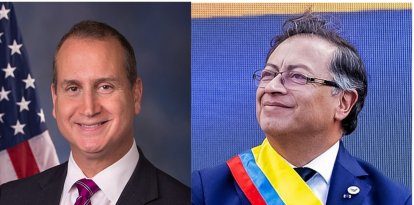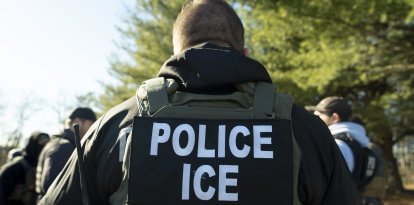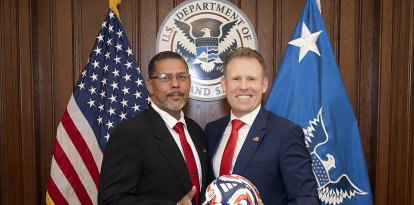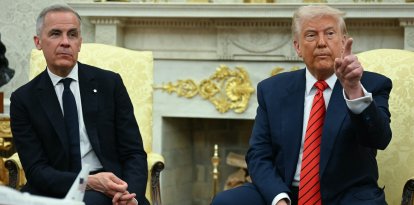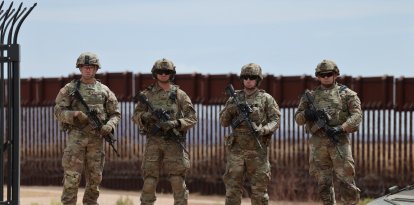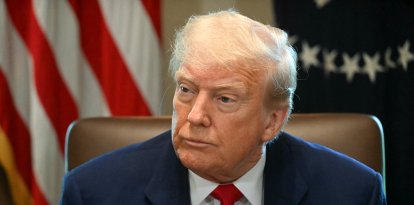U.S. takes control of the Venezuelan embassy after Juan Guaidó was voted out as interim president
The Biden Administration took over the offical residences on February 6.
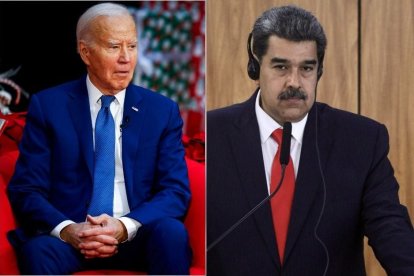
Montaje Voz Media / Créditos: Cordon Press
The State Department decided to temporarily take control of the Venezuelan embassy and official residences in the United States after Juan Guaidó was voted out as interim president.
According to Bloomberg, a State Department spokesman confirmed that Venezuela's properties will remain under the control of the U.S. government, under the terms of the Foreign Missions Act and in the Vienna Convention which calls for "respecting and protecting" the facilities of the suspended diplomatic missions.
The United States has been in charge of the diplomatic residence and at least two other buildings in Washington and one in New York since February 6, while waiting for new Venezuelan representatives to be appointed, according to the previously mentioned source.
Both the United States and other countries recognized Juan Guaidó as the legitimate leader of Venezuela for the last four years after Nicolás Maduro assumed the presidency through a rigged electoral process.
Throughout these last several years, the Guaidó Administration worked alongside the illegitimate regime of Nicolás Maduro in Caracas. However, last December the Venezuelan National Assembly decided to vote out Guaidó's interim government.
Shortly after the National Assembly's decision, Carlos Vecchio, Guaidó's ambassador to the United States, announced the closure of the Venezuelan embassy in Washington. He also took advantage of the opportunity to announce that he would be stepping away from his position. Instead, the opposition legislators chose to appoint Fernando Blasi, as U.S. ambassador, since he served as Vecchio's commercial attaché.
However, Blasi did not receive diplomatic status because he was not appointed by an executive branch, which has led to great confusion as to who will be the Venezuelan opposition's representatives abroad.
For the time being, Biden assured that despite Guaidó's removal, he will continue to consider Maduro as "illegitimate" and therefore will continue to recognize the National Assembly. In fact, the United States stated that the National Assembly is the last democratically elected institution in Venezuela.
RECOMMENDATION
